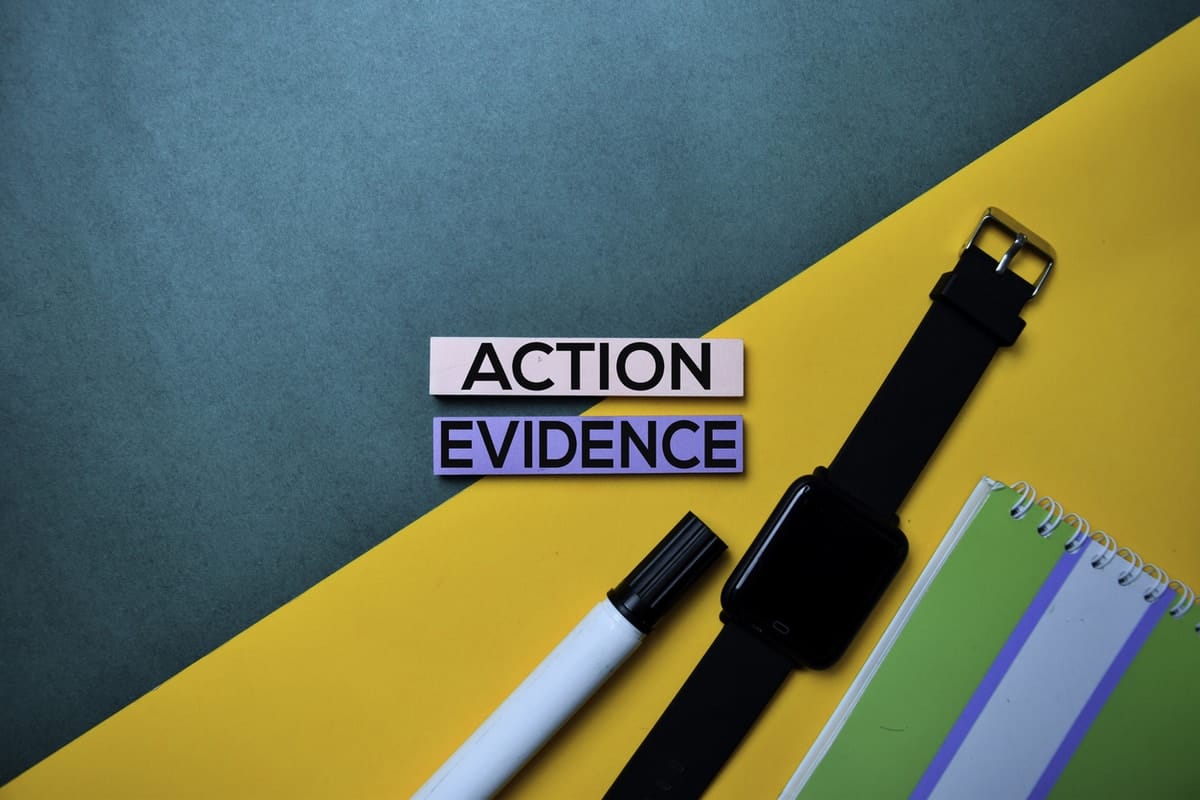
The COVID-19 pandemic has brought into sharp focus the ways we access, use and misuse evidence to guide our responses to the spread of the coronavirus.
As we’ve seen, the use of evidence has been highly variable. Andrew Pattison from the World Health Organisation said false information was "spreading faster than the virus".
This so-called “infodemic” has tragic consequences on both individual and societal levels. As the US, for example, grapples with record levels of infection, one illustration was the recent death of a man in his 30s who attended a “COVID party”, held by someone diagnosed with the COVID virus to see whether the virus is real and infectious). It was reported that the deceased American believed the virus to be a hoax.
The reasons for this infodemic are complex. It’s not only about the veracity of any given evidence, but how it’s used.
For the past 18 months, our research team has been exploring how research evidence is used by school teachers. We searched more than 10,000 scholarly records from databases across education, health, social work and policy, along with more than 100 documents and 65 organisational websites, and developed a framework for thinking about quality research evidence use.
The initial findings raise two key themes relevant to all of us in our use of evidence at work and in everyday life.
Using evidence is more than just applying information
Quality use of evidence requires an ability to thoughtfully engage with and implement the most appropriate evidence for a given problem or situation.
Using evidence is a thinking process that goes deeper than the mere use of information to engage in the use of evidence in a discerning, critical way. It requires skill. For example, assumptions need to be challenged, hypotheses tested, and ideas explored in an iterative way.
The mindset of the user is also important. What are the motivations for using information? Is it to affirm what’s already believed? Is the user disposed to critically question any given evidence, and be challenged themselves? What are the values and dispositions of the user?

Context is key
Relationships also play an influential role in how we use evidence. Evidence use doesn’t occur in isolation. It might be shared and discussed with others, and may need effective input from others. But as we see routinely in social media, those others might vary in their own ability to understand and use evidence.
So, the context in which evidence use takes place is significant. In our research, quality evidence use requires supportive leadership, organisational culture and infrastructure to facilitate access to, and use of, evidence.
This is widely applicable across a range of professional settings. At a basic level, does the organisation foster learning, and encourage staff to critically reflect on how and why they do things? Are staff given the time and resources to do so?
Using evidence is a thinking process that goes deeper than the mere use of information to engage in the use of evidence in a discerning, critical way. It requires skill. For example, assumptions need to be challenged, hypotheses tested, and ideas explored in an iterative way.
For some of us, the main question might be whether we use evidence at all. But even if we do, how well we utilise it is shaped by how critically we approach any given evidence, our skills to appropriately use it, and the context in which we do so.
Understanding these aspects of quality evidence use helps to understand better why that young American needlessly died, and how we can better respond to the immense behavioural changes required to combat COVID-19.
Our five-year Q Project study will next be researching all the areas described above to understand the practical challenges and opportunities for quality use of evidence within Australian schools. We believe the implications of our findings extend beyond schools to how well we, as a society, use evidence to improve how we respond to complex social challenges, such as the pandemic and beyond.
Our Quality Use of Research Evidence (QURE) Framework report is available to download from our website here.





